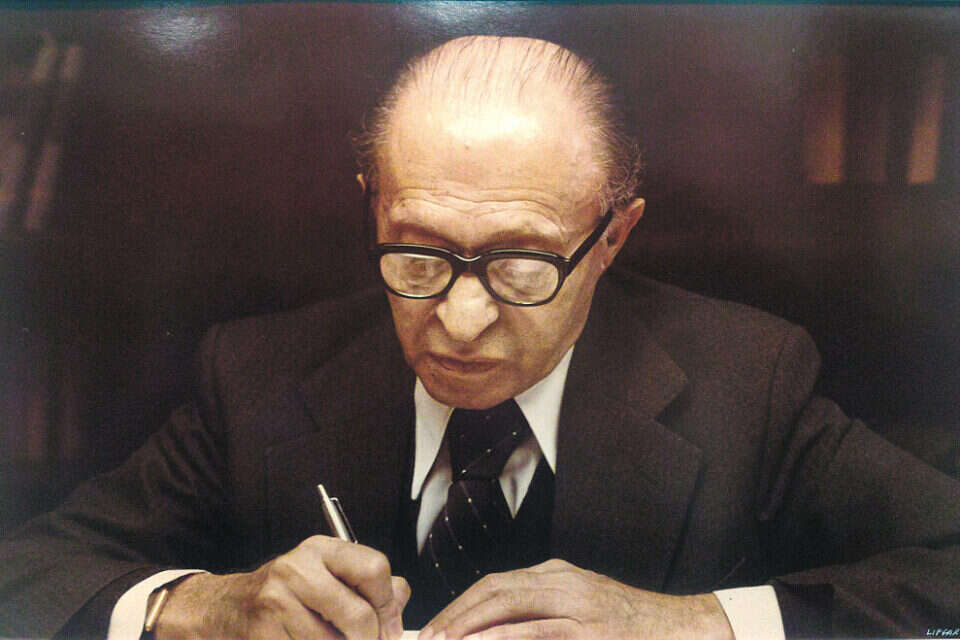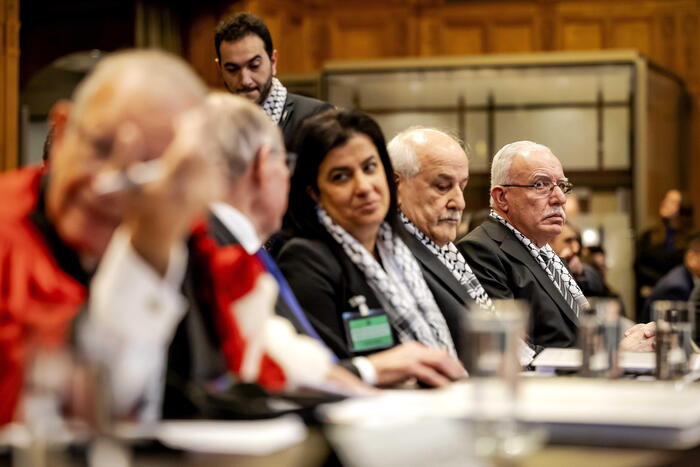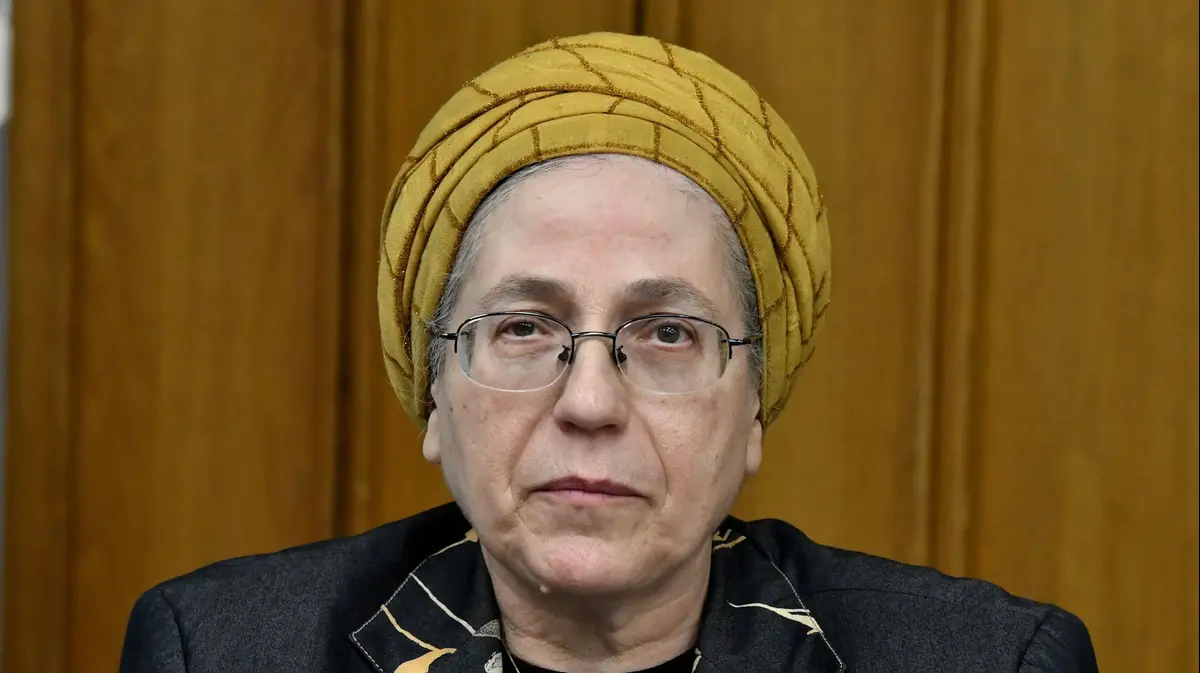Many of the opponents of the reform proposed by the Minister of Justice, quote the words of the first right-wing Prime Minister, the late Menachem Begin. But it is worth examining the gist of the statement in the ruling that led Begin to state: "There are judges in Jerusalem!".
It was determined then that issues concerning the legality of the settlement deserve to be examined in the political arena and in the public discourse.
Since that ruling, the wheel has turned, and the exact same issues are again and again on the Supreme Court's table.
Those who have been sitting in it for the past 30 years ignore Landoy's statement, and take for themselves the right to decide on issues that should be decided by the Knesset or the government.
"Mr. Speaker, the Jewish people have a full right to settle in the Land of Israel. This right exists and will exist... These days the Supreme Court, in its session as a High Court of Justice, with an expanded composition of five judges, decided that the civilian settlement is part of the security system Israel's.
This is a principled, precedential ruling.
(...) And if someone ever tells me that the Jewish settlement in the Land of Israel is illegal, no matter who says it, I will answer him like this: 'There are judges in Israel.'" These are the words of Prime Minister Menachem Begin in the Knesset plenum, following a decision The High Court of Justice states that "the relevant provisions of international law, by virtue of which it is claimed that the settlement is illegal, are not included in the part of this law that is binding on all peoples (known as "customary law"), but are part of the contractual law between the states.
"In light of this, it was determined that issues concerning the very legality of the Israeli settlement are a political matter, which should be clarified in the discourse in this arena, and therefore is not a matter of dispute."
This, in the decision of the panel led by Judge Moshe Landoi, after in early 1979 the residents of the villages near Beit El and Roei in the Jordan Valley - the other settlement that was established near that time - filed petitions against the seizure of their lands.
Their claims were accepted on the very legality of the Israeli settlement in the Judea and Samaria region, as well as on the legality of the damage to the petitioners' lands, in accordance with the principles of international law. The verdict was given in March of the same year.
If the left knew the High Court's decision since then, and that it was the trigger for Begin's decision, they would not have been careful to quote it. Other jurists who wave at his words are also only hung up on a part of the quote, and not the main part of the decision, which states that Israel is allowed to seize Palestinian lands and act on them as necessary security. The decision establishes the boundaries between the justice system and the Knesset and the government. On the one hand - the question of the seizure of the lands, on the other - a clear statement that the discourse on the settlement project should take place among elected officials and policymakers. In the Knesset, public representatives who have received a mandate to represent it serve, in the government, ministerial members who have received the trust of the Knesset, they are also elected and subject to public scrutiny.
According to the principle of separation of powers, the Knesset is the legislative authority, because these representatives of the public are given the power to establish laws according to the world of public values.
The executive authority is the government, and it must implement the decisions of the Knesset and make decisions for the benefit of the state.
The High Court is the judicial authority, and it has the responsibility to ensure that the government and others act in accordance with the laws of the Knesset. In the last 30 years, Supreme Court judges have taken upon themselves the authority to decide on policy issues, and the authority to invalidate laws passed through a democratic and legal voting process.
The superseding clause is intended to leave the decision on the wording of the law and/or the spirit of the law to the MKs chosen for that purpose. The abolition of the "probability cause" is intended to remove from the court a subjective perception of what is reasonable and what is not reasonable in the eyes of the judges only, and leave in the courtroom an objective analysis of deed versus language the law
The Knesset and the people will decide what is reasonable and what is not.
There are judges in Israel, and their place is important, but no less important is the decision-making ability of the legislator and the government.
Levin's reform was intended to restore this order, an order that opponents of the reform usually cite now, and they should learn what Begin stated: there are judges in Jerusalem.
were we wrong
We will fix it!
If you found an error in the article, we would appreciate it if you shared it with us









